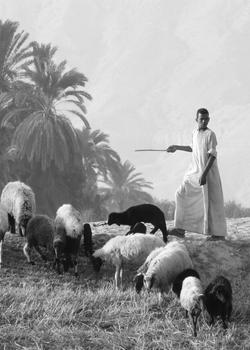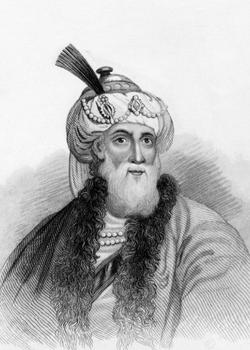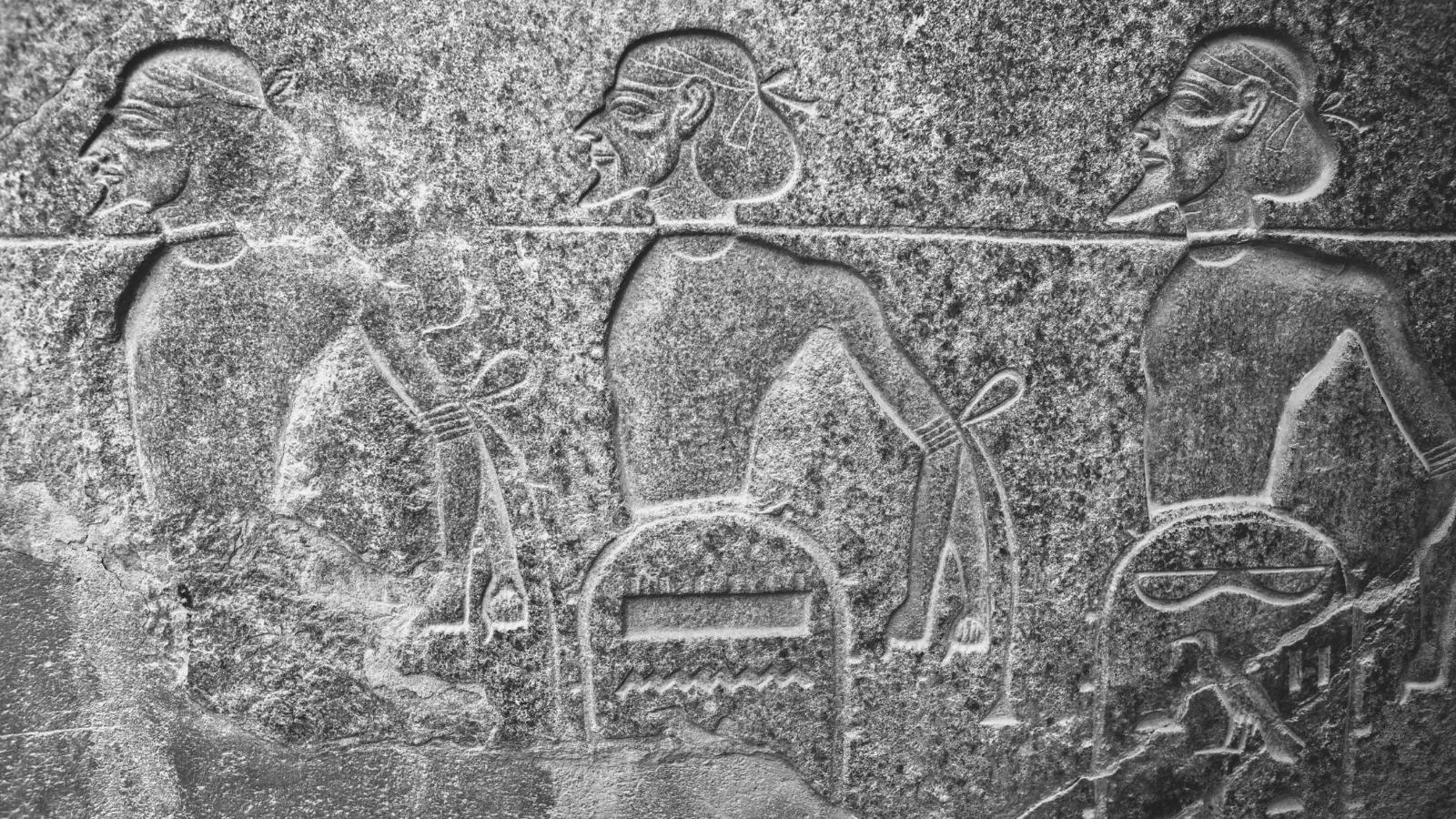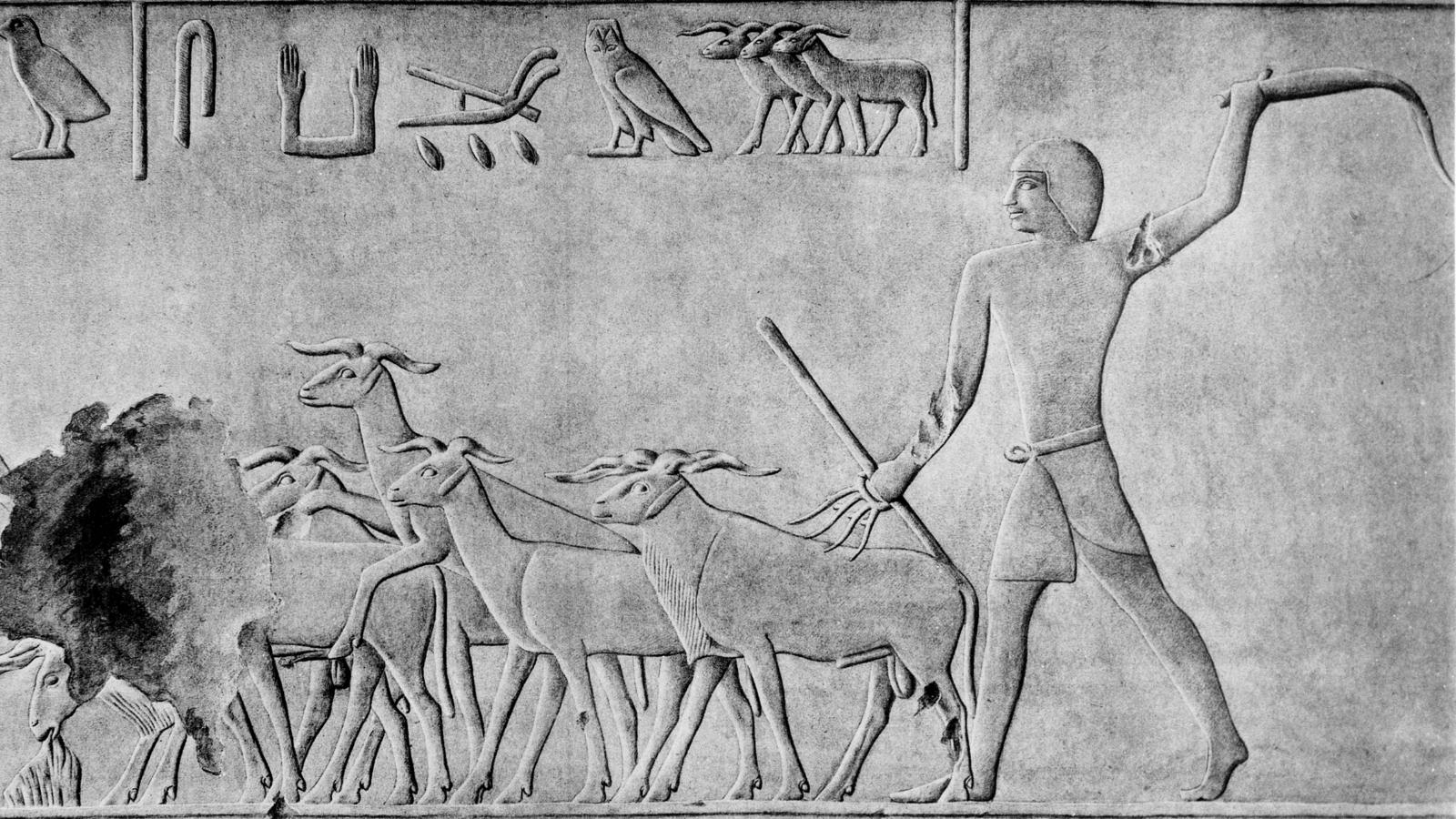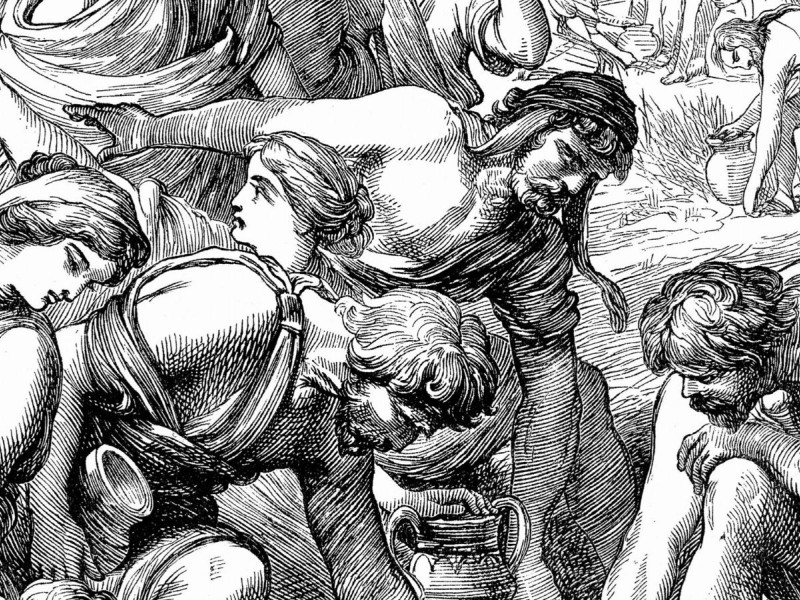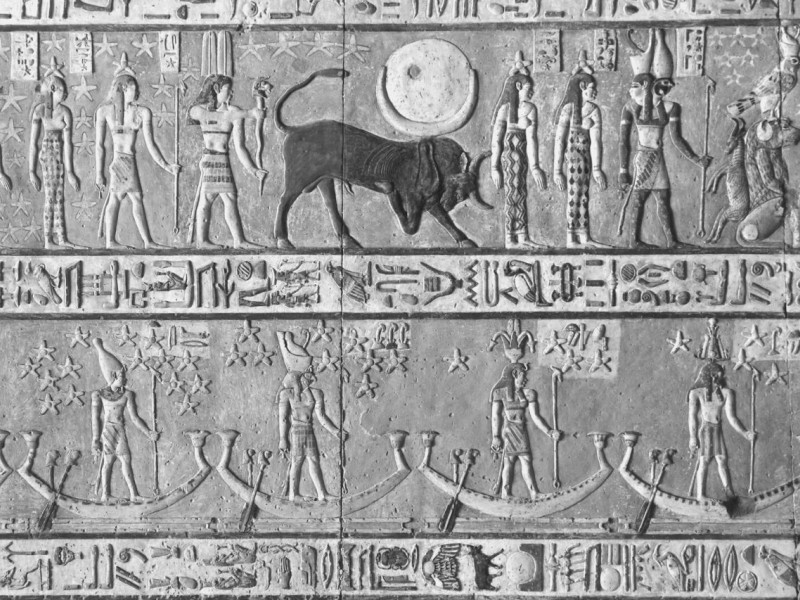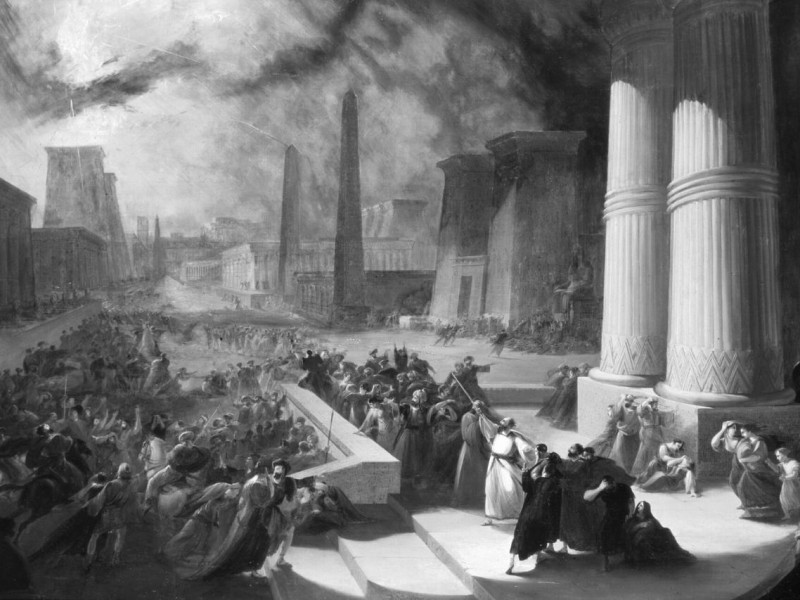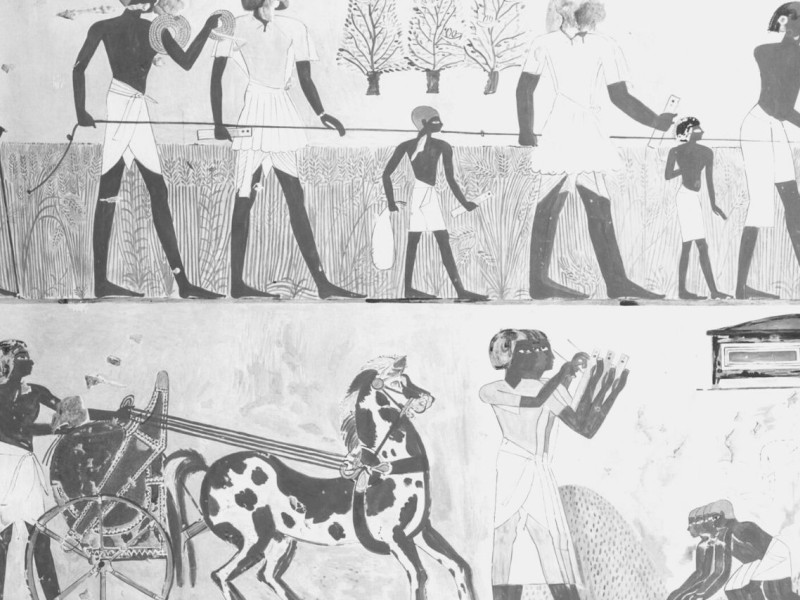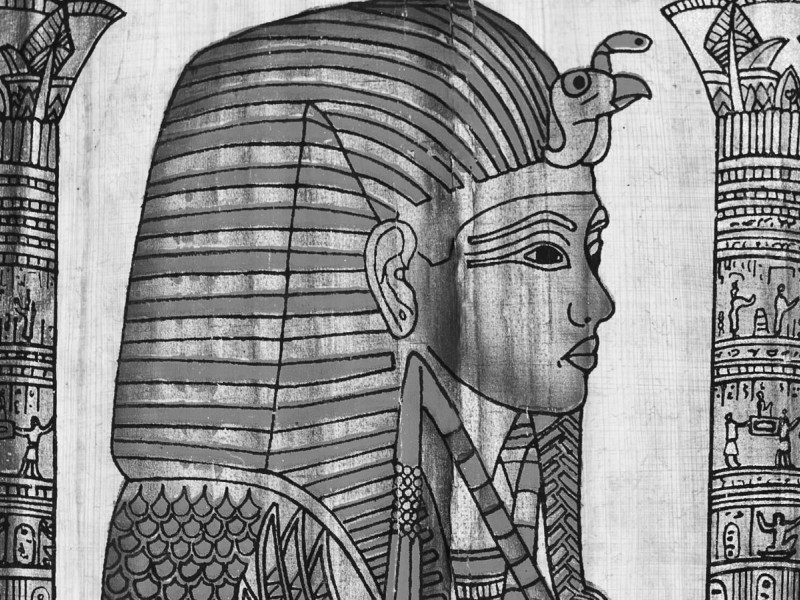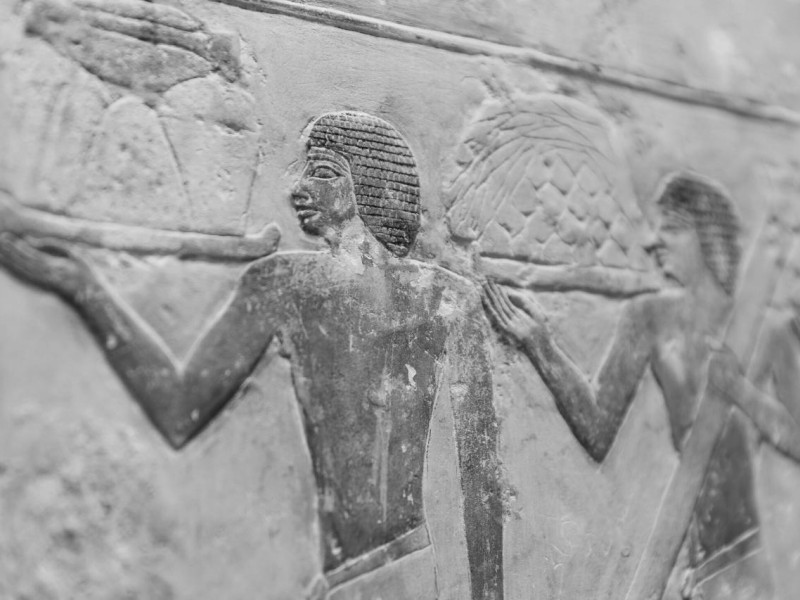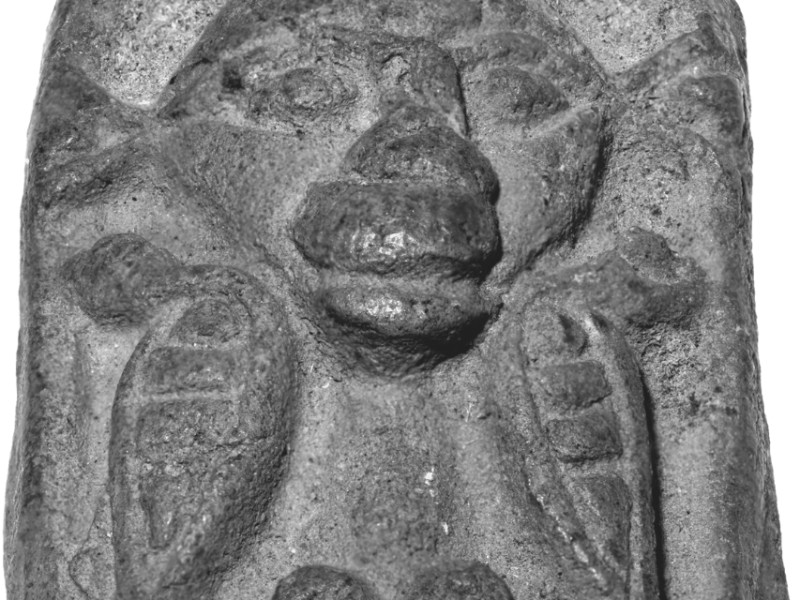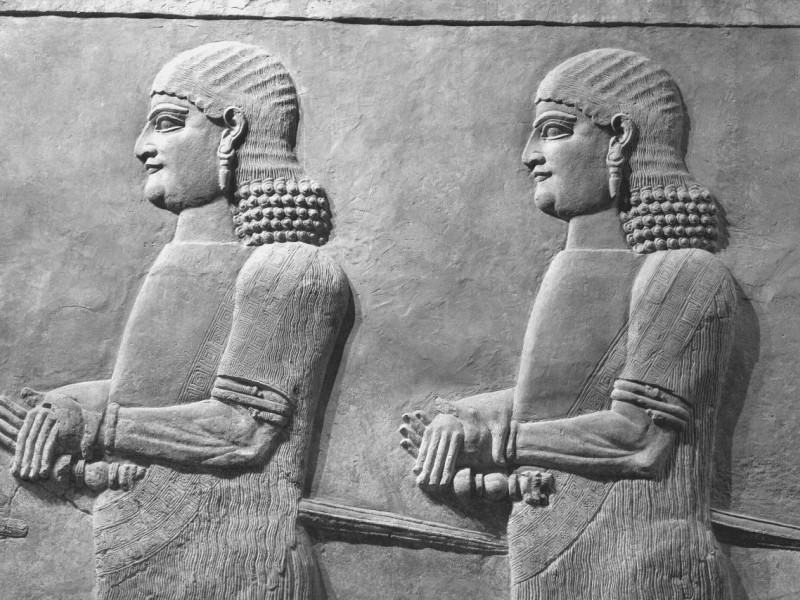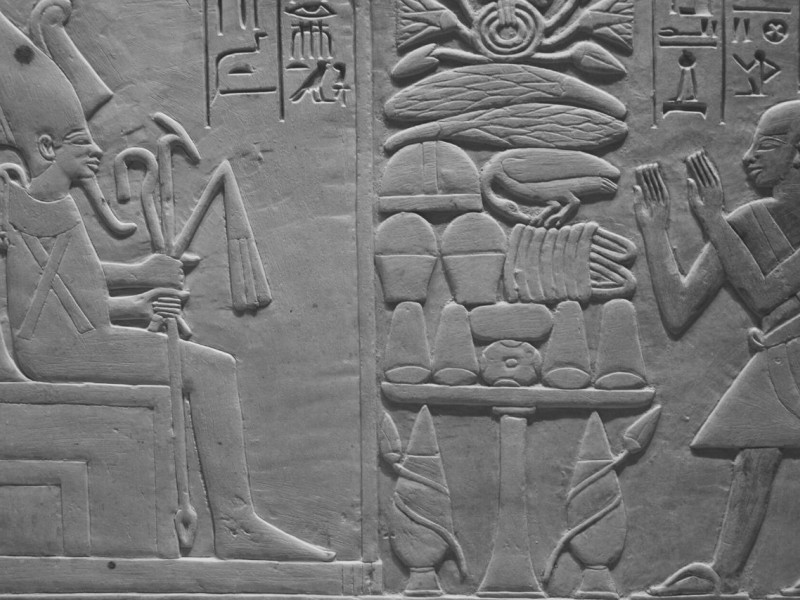Why Were Shepherds an Abomination to Egypt? Four Compelling Theories
Why were shepherds an abomination to Egypt?
The idea that the ancient Egyptians despised all shepherds comes from the Book of Genesis, but the reasons behind their supposed disdain are more or less a mystery. This article will go through the main theories scholars have about this peculiar mystery from the Bible.
Why Were Shepherds Despised in Egypt: Background
The Bible mentions shepherds and their tenuous relationship with the ancient Egyptians more than once, but the passages that caused all the confusion are Genesis 43:32 and Genesis 46:32-46:34. Both passages relate to the story of Joseph and his brothers.
Genesis 46:32 tells us about a dinner hosted at Joseph’s house. Among the guests were Egyptian officials and his brothers. Joseph ate by himself, separated from both parties, while the brothers were also separated from the Egyptians.
The Bible clarifies that the reason for this odd arrangement is that dining with the Hebrews would be abhorrent to the Egyptians. We do not have any further explanation until 46:32 through 46:34, where Joseph tells his brothers to tell the pharaoh that they are shepherds so they can stay in the land of Goshen. He then states, “all shepherds are abhorrent to Egyptians.”
If we connect these two passages, we can see the implication that the Egyptians would not dine with the Hebrews because they were assumed to be shepherds. Why the Egyptians despised them is never explained in the Bible.
Theory #1: The Egyptians Worshipped Cattle
The historian Josephus (37-100 CE) believed that Joseph wanted to keep the Egyptians and Hebrews separate so he could maintain appropriate customs for each party. In other words, Joseph thought that Hebrew culinary traditions would offend the Egyptians, so he kept them apart from each other.
Rashi (1040-1105 CE), a French rabbi and critic, furthered this idea. He claimed that the Hebrews slaughtered cattle to eat, but the Egyptians would not do so because they worshipped cattle as gods. In fact, Rashi isn’t the only ancient thinker who believed this; the Jewish biblical scholar Ibn Ezra (1089-1167 CE) thought the ancient Egyptians were vegetarian in the same way that many Hindus are.
However, we know that this is not true. Archaeological evidence from as early as the Neolithic period shows that the earliest Egyptians had a diet heavy in red meat. The ancient Egyptians domesticated cows very early into their civilization and used them for food and agriculture. They also used leather for sandals, furniture, and shields.
Additionally, the Egyptian pantheon is full of humans, animals, and human-animal hybrids, but they still ate a variety of animals that were associated with these deities.
Theory #2: Shepherds Considered Unclean by the Egyptians
Another possibility is that the Egyptians considered the shepherds unclean. This theory makes more sense than the last, but what they meant by “unclean” is still up to debate. The Egyptians could have been referring to the shepherds’ physical hygiene as animal herding was a messy job, or they could also be referring to ritual purity.
Cleanliness and Hygiene
The ancient Egyptians were known for their high standards of cleanliness and paid close attention to their appearance. They preferred to wear linen because it kept them cool and dry in the hot Egyptian climate. Their linen was spun from a bountiful flax crop, while Israelites wore garments made from wool because it was the most common material available in the Levant and Mesopotamia.
Though wool, leather, and goat hair were available to the ancient Egyptians, they considered the materials themselves dirty. Not only were these materials going to make them especially hot and sweaty in Egypt, but the animal skins and fibers tend to retain odors. And, obviously, the process of washing clothes during that time was not very advanced.
In short, maybe the Egyptians didn’t want to dine with Joseph’s brothers because they were smelly. Whether Joseph’s brothers were shepherds or not, the wool clothing was dirty and smelly to the Egyptians in attendance at dinner. This theory is backed up by Genesis 45:22, when Joseph gives his brothers a gift of much more culturally appropriate linen garments.
Ritual Purity
There is another explanation for why the Egyptians called shepherds unclean. Because wool was considered unclean, people were not allowed to wear it inside a temple. Furthermore, Egyptian priests were not allowed to wear wool or leather sandals at all.
The Egyptians refused to eat with the Hebrews who are assumed to be shepherds wearing ritually contaminated clothing. Perhaps the Egyptians refused to dine with them because their profession was considered religiously abhorrent or blasphemous.
Theory #3: The Egyptians Despised Foreigners
Recalling the tale of Joseph and his brothers, the Hebrews in ancient Egypt were there seeking refuge from a famine in their native Canaan. It is possible that the ancient Egyptians felt racially and religiously superior to foreigners.
We lack archaeological evidence to prove that the Egyptians despised sheep. According to the Bible, they only despised shepherds. This suggests that the Egyptians had less of a problem with sheepherding than the people who happened to be shepherds.
If this is the case, who were the foreign shepherds that the Egyptians despised so much that we’re still talking about them thousands of years later?
Who Are the Hyksos?
In particular, there is one group that we can credibly say the ancient Egyptians despised: the Hyksos. The Hyksos were a Western Semitic group of people originating from the Levant who conquered and ruled over an expanse of Lower and Middle Egypt. The timeline of their rule is unclear, but scholars believe that it lasted around 108 years, beginning in the 15th century BCE.
The ancient historian Josephus connected the Hyksos to the Israelites, claiming that they were expelled from Egypt, but archaeologists have not found evidence of mass expulsion of the Hyksos. Josephus also claimed, paraphrasing another ancient historian Manetho, that the Greek term Hyksos was derived from an Egyptian term given to any Semitic people.
Josephus referred to the Hyksos as the “shepherd-kings,” but this translation might be a stretch. On the other hand, modern scholars believe that the term’s closest translation is “kings of foreign lands.”
The most critical detail about the Hyksos is that they were wool-wearers from Canaan and the surrounding area. Following this detail, we can logically conclude that when the Egyptians referred to shepherds, they were referring to the Hyksos.
The Hyksos and the Land of Goshen
In Genesis 46:34, Joseph says that if his brothers tell the pharaoh that they are shepherds, they will be allowed to stay in the land of Goshen. We aren’t sure exactly where Goshen is, but scholars place the area in Lower Egypt, north of Cairo, including modern-day Zagazig, Egypt. We know that the Hyksos’ city in Lower Egypt was Avaris, modern-day Tell El-Daba.
Scholars estimate that Joseph’s family settled in the “region of Ramses” in Goshen at around 1700 BCE. Hyksos’ influence in Lower Egypt was still present even if they did not rule the land anymore.
Later, as noted in the Book of Exodus, the Israelites were forced to build the city of Raamses, or Pi-Ramses. As archaeologists would find centuries later, Raamses was built on top of the Hyksos stronghold, Avaris.
Theory #4: Language Barriers
You might think that if the Egyptians hated the Hyksos that much, they would not have treated Joseph’s family compassionately, but the Bible tells us just the opposite. Joseph goes to the pharaoh to report that his father and brothers have come from Canaan with all their flocks and herds (Genesis 47:1). And, instead of treating them harshly, the pharaoh gave Jacob and his sons the most prized land in the “region of Ramses” (Genesis 47:11).
Given how often Joseph referred to his own family as disgusting, it’s natural to conclude that the pharaoh would receive them with hostility.
Why the discrepancy?
Well, we may be reading far too much into two lines of the Bible, and the ancient Egyptians didn’t hate shepherds after all.
The most logical explanation for the mixed signals is a simple translation error. The ancient Egyptians did not have much exposure to foreign cultures or languages. High officials had more experience than the average Egyptian, but still, most foreigners that Egyptians came in contact with were slaves or merchants.
Despite the lack of exposure to foreign cultures, the Egyptians did use interpreters. In the 2nd Millennium BCE, they even conducted diplomatic business in Akkadian, the language of the Sumerians and Babylonians. So, unfortunately, this theory still has its holes.
Conclusion
The Bible mentions the Egyptians’ loathe for shepherds multiple times, but centuries upon centuries of debate hasn’t brought us any closer to a definitive answer as to why.
Nonetheless, we at least have a couple of theories:
One theory is that the Egyptians would not eat sheep or cows because they worshipped them. Some ancient scholars even thought the Egyptians were vegetarians, but archaeological evidence disproved this.
Another theory is that the Egyptians believed that shepherds were unclean. Again, there is no evidence to support this, but we know that animal fibers with less than frequent washings can be very odorous in the hot and dry Egyptian environment.
The Egyptians may have just been hostile and suspicious of foreigners, especially those from the Levant who they associated with the Hyksos and animal herding.
Finally, it’s possible that the Egyptians did not hate shepherds at all. The whole mishap might just be a translation error.
Either way, these are only theories that we’re still discussing today because there are many ways to interpret the text. You may want to try your hand at your own interpretation!
